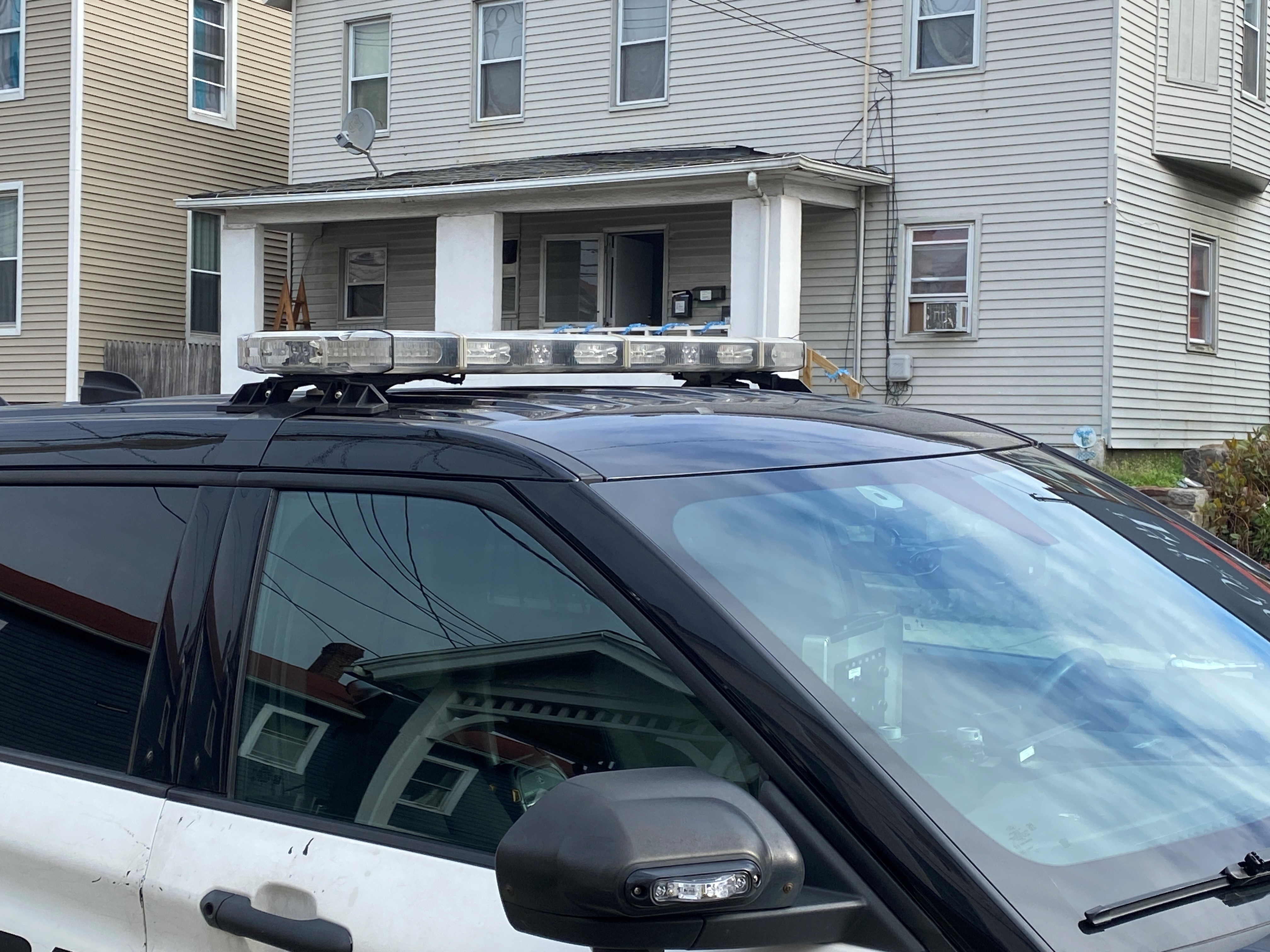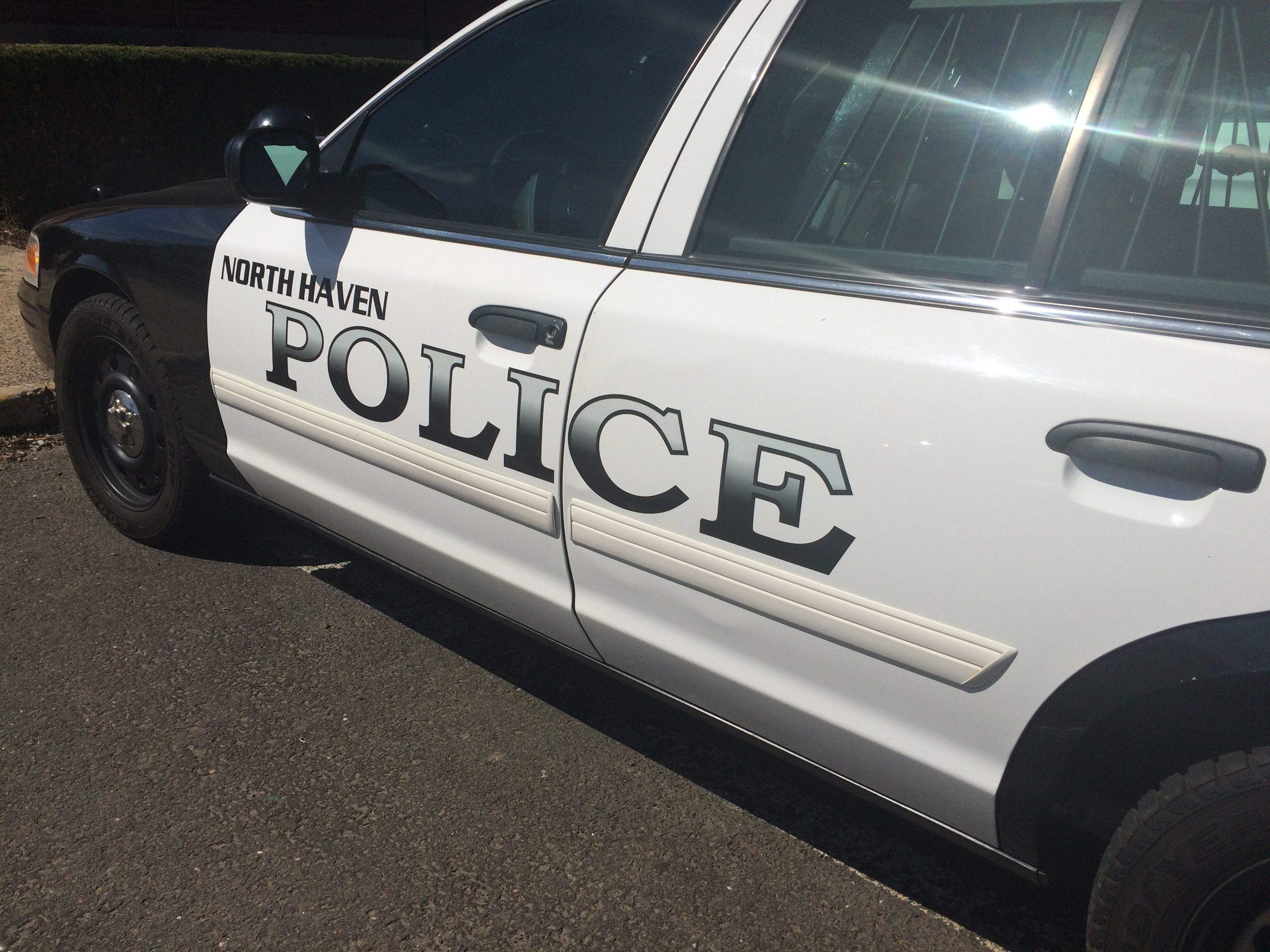Governor Ned Lamont said the new $10,000 fine businesses face for non-compliance is the state's way of avoiding another shutdown.
“It's really important that we get this right now. The alternative is rolling back," Lamont said Wednesday.
That's exactly what already struggling businesses don't want to happen.
"A lot of small businesses are kind of on life support,” said Jack Banks, who co-owns Powerhouse Gym in Berlin and Malibu Fitness in Farmington. “That would actually crush a business."

Banks said doesn't agree with the new mandate that masks be worn during workouts, but said he's taking the new rule and the hefty fine seriously.
"We're forceful because we have to make sure we stay open. We can't get that fine,” he explained.
Local
Lamont said the fine is targeted toward those who've ignored the warnings, like big box stores unphased by the previous $500 fine.
"They're gonna pay attention and have a number that they're going to respond to,” he said.
That fine that could shut down some smaller stores for good.
"If I was assessed a fine of $10,000 it would basically put it out of business,” said Leon Davidoff, co-owner of The Paper Station in Newington.
Davidoff said he hasn't seen a single customer come into his stationary store all week.
"It is really very difficult,” said Davidoff.
Business is also down at area restaurants. Rooster Company co-owner Jon Martin says he's seeing 40% of the revenue coming in compared to a year ago.
"The industry's really hurting right now. It's very tough,” said Martin. “A fine like that would wipe you out. It would, you know, end your business.”
"A lot of warnings have been given out but if there are still people that are non-compliant. They should expect these fines to be a real possibility,” said David Lehman, Connecticut’s economic development commissioner.
"I would like to know where the money's going afterwards. Is it going to go back to restaurants,” asked Martin.
It's headed to the state's general fund.
Scott Dolch, head of the Connecticut Restaurant Association said, “…if Connecticut is going to use fines as a stick, it should also use state grants as a carrot for restaurants that are following the rules while struggling to keep their doors open.”
Lamont said he's open to the suggestion. Economic Development Commissioner David Lehman asked for all ideas on how to spend the fine money be sent to his office, noting that so far fines have not been a significant source of revenue.
Business owners said complying with the state guidelines isn't hard, but expensive. They’ve spent thousands of dollars on plexiglass and hand sanitizer.
"All that stuff comes out of our pockets,” Martin pointed out.

Davidoff said the lack of business forced him to shrink his store to just 450 square feet. Still, he said it hasn't been hard to comply with pandemic protocols.
"Those businesses that want to live on the riskier side, and have that exposure, that's not something I'm willing to do,’’ he said.
He and other business owners hope those who aren't playing by the rules don't ruin it for the rest.
"I think if people aren't following the rules there needs to be some type of enforcement,” said Davidoff.
Lehman said the state receives an average of 300 to 500 complaints of non-compliance each week at its 211 hotline, closer to 500 recently. He said a majority of those complaints are businesses not enforcing mask wearing and social distancing."'
"The idea with the fines is to make sure we have compliance from businesses and that the bad actors don't ruin it for the good actors,” Lehman explained.
The new fine comes as the state saw 77 more people hospitalized and 45 more lives taken by the coronavirus from Tuesday to Wednesday, triple what the state has averaged over the last week.
"Seventy-seven hospitalizations is probably the biggest increase by far that we've had since this second wave,” Lamont said.
His concern grows as we head into the holiday shopping season.
"This is the way we can avoid having to close down," said Lamont.
Small business owners say they can't afford another shutdown.
"You can see the "for sale" signs, businesses have left. They just can't make it,” said Banks.



